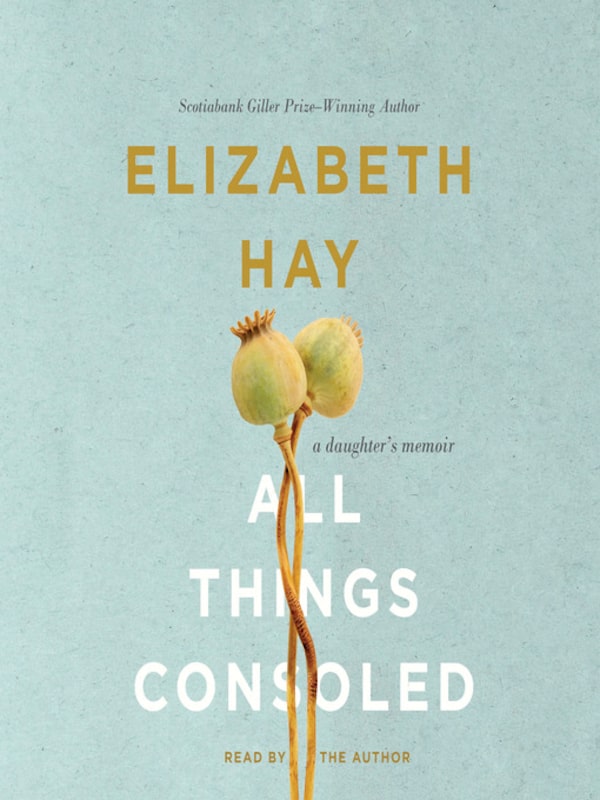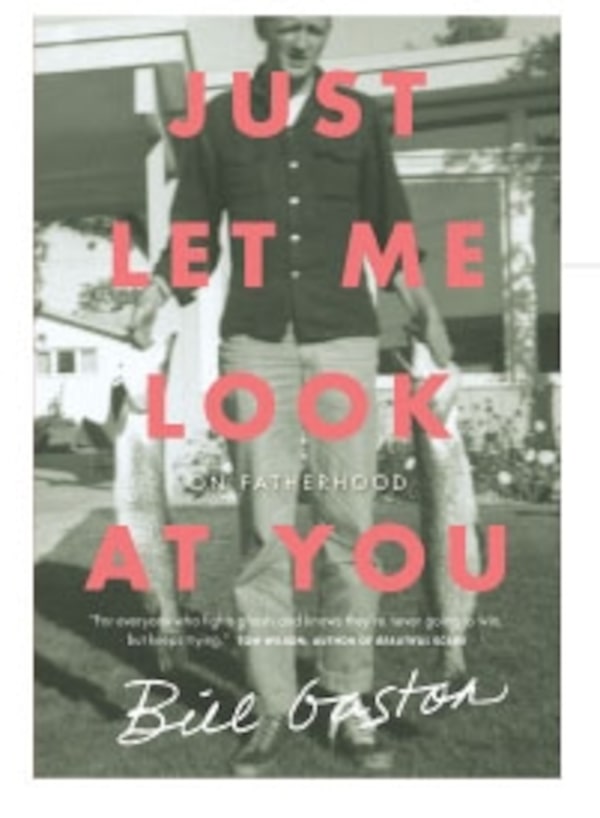
Ian HamptonRBC Taylor Prize
Celebrated cellist Ian Hampton has spent a lifetime on show: with the Vancouver Symphony Orchestra, the London Symphony, the CBC Vancouver Orchestra and the Purcell String Quartet, which he co-founded, to name but a few.
He has been applauded by colleagues as a musical pioneer and is highly respected for his decades as an educator to young musicians. With a résumé that might sum up two lifetimes of work, he was, in his own words, “gracefully disappearing into retirement.” That is, until his first foray into a new discipline thrust him, solo, into the spotlight.
Hampton’s first book, Jan in 35 Pieces: A Memoir in Music (The Porcupine’s Quill), published when he was 83, has been shortlisted for the prestigious RBC Taylor Prize. The prize has been recognizing the best Canadian literary non-fiction since 2000. Past winners include Tanya Talaga, Rosemary Sullivan, Thomas King and Charles Foran.

Ian Hampton’s first book, Jan in 35 Pieces: A Memoir in Music, published when he was 83, has been shortlisted for the prestigious RBC Taylor Prize.Handout

Hampton wrote his first draft of the memoir a decade ago, then, with a classical-musician’s discipline, shaped the manuscript over years of weekly meetings with his editor.RBC Taylor Prize
Hampton didn’t set out to write his memoirs. Over the phone from his home in Vancouver, he explains that years of performing and teaching set him thinking “about the difficulties of trying to describe music.” He envisioned writing a book to shed light “for a layman” on “a very abstract art.” He wrote his first draft longhand a decade ago, then, with a classical-musician’s discipline, shaped the manuscript over years of weekly meetings with his editor, Barbara Nickel. It was Nickel who encouraged him to include more of himself in the book. The result is a charming collection of prose portraits, reminiscences and lively insider anecdotes about appreciation for music and a life spent in its thrall.

All Things Consoled: A Daughter’s Memoir by Elizabeth Hay.Handout
But it is a memoir with an unusual trait: Jan in 35 Pieces is written in the third person, with Ian referred to as the titular Jan (Yan) throughout. This choice, Hampton says, allowed him, even within the memoir framework, to create “a book about music that was not a book about me." "Musicians lead difficult lives because music has to come first,” he writes in the book. Just as the music has been given prominence above the man in his personal story, relationships with romantic partners and children are mentioned in passing while relationships with fellow musicians and with symphonies and scores form the beating heart of Jan in 35 Pieces.
The son of a cellist, Jan received an early education in music: a five-year-old boy looking down at his father’s quartet on stage. In 1966, after stints playing with the London Symphony and Edinburgh String Quartet, he moved to Canada and became principal cellist of the Vancouver Symphony Orchestra and CBC Vancouver Chamber Orchestra. He played with the Purcell String Quartet for more than 20 years, and became principal of the Langley Community Music School in 1979.

Mamaskatch: A Cree Coming of Age by Darrel J. McLeod.Handout
Hampton says he never kept journals and so wrote his book from memory, yet his long-ago observations remain sharp. In wartime England, the young Jan’s landlady is “a diminutive octogenarian with a face like a well-stored crab-apple,” who cuts her tiny lawn with a pair of scissors. His ears are observant, too. The trains that pass present-day Jan’s house each morning across the Burrard Inlet are distinguishable to his musician’s ears as “The Sorcerer’s Apprentice one, then the ‘Britten’ one, and then the ‘Glenn Miller’ one.” Later, a clock “chimes the quarter hour in minor sixths.”
Hampton is mischievous and funny, both in conversation and on the page. “In the public eye,” he writes, “humour has to be sub rosa.” Readers are treated to an on-stage view of mid-performance high jinks between orchestra members – less risky to indulge in in London where other employment is easier to come by than in Canada – tales of bottom-numbing tours of Canada by prop plane, and stories of musicians stranded in Nanaimo, B.C., when rabbits chew through the headlight wires of their float plane.
Hampton wanted to convey “the rigorous discipline that goes into learning an instrument.” His “showbiz” memoirs include the fun of all-night parties and the strain of all-night rehearsals, the celebration after a well-received performance and the sense of imposter syndrome after a public mistake: “How does everyone get around all those notes without apparently trying? Jan presumes that they are better than he is, more experienced, know things that he doesn’t.”

Land of Lost Borders: Out of Bounds on the Silk Road by Kate Harris.Handout
And of course, Hampton is passionately in love with music. Jan in 35 Pieces takes its structural cues from musical works and conventions. It has a prelude, an intermission and a coda. Each of its 35 chapters is named for a piece of music. With each anecdote, the reader is compelled to seek out the appropriate musical accompaniment.
As an evocation of a lifestyle it is a delightful education for all readers, and as an educational manual, it is essential reading for anyone with aspirations of a career in music.
Hampton’s fellow nominees for the RBC Taylor Prize, selected by jurors Camilla Gibb, Roy MacGregor, and former Supreme Court chief justice Beverley McLachlin, are all nominated for personal stories.
Bill Gaston revisits childhood memories of his alcoholic father in Just Let Me Look at You: On Fatherhood.

Just Let Me Look at You: On Fatherhood by Bill Gaston.Handout
Kate Harris travels the Silk Road by bicycle in her debut, Land of Lost Borders: Out of Bounds on the Silk Road.
Elizabeth Hay’s All Things Consoled: A Daughter’s Memoir has already won the Hilary Weston Writers’ Trust Prize for Nonfiction.
And Darrel J. McLeod’s debut, Mamaskatch: A Cree Coming of Age, was awarded a Governor-General’s Literary Award.
The RBC Taylor Prize awards $5,000 to each finalist and an additional $25,000 to the winner. The winner will be announced in Toronto on March 4.